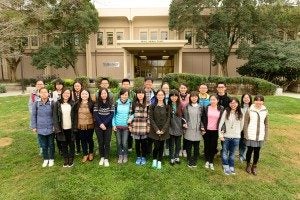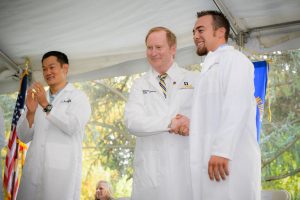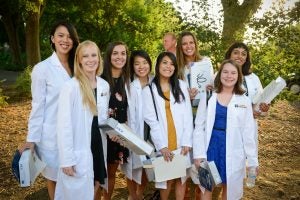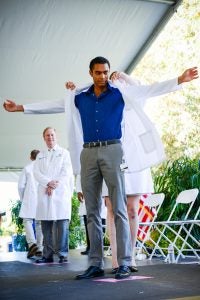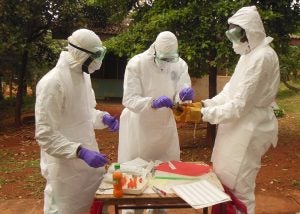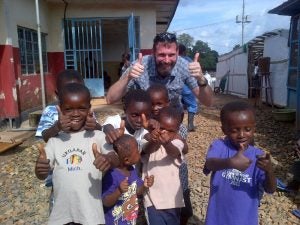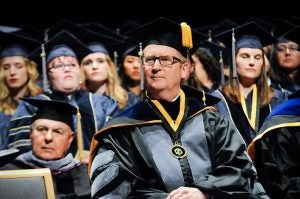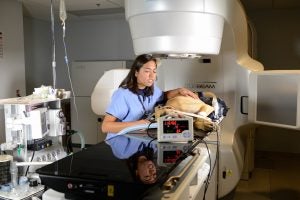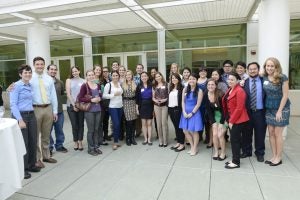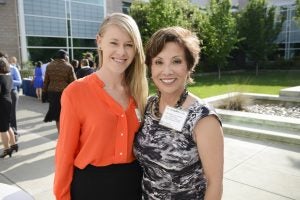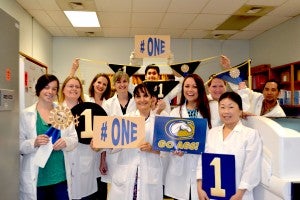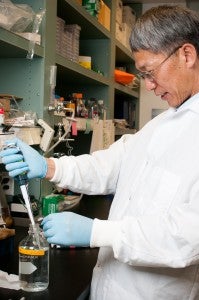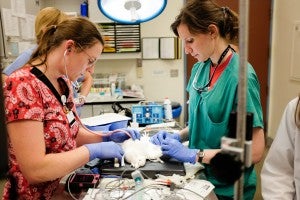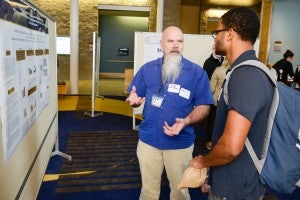“The world is the true classroom. The most rewarding and important type of learning is through experience, seeing something with our own eyes.” Jack Hanna
Our school has a global influence because we engage the world. We have become an institution with broad impact by promoting programs that reach out to address our societal needs across the globe. Our Office for Global Programs, led by Drs. Pat Conrad and Paulina Zielinska, was established to promote, facilitate and support global programs that align with our mission and enhance discovery, while educating future generations of global health leaders. Through our people and programs, ample evidence is accumulating that we are accomplishing these goals.
Just within the past year, joint conferences with our international partners have been supported that link our faculty, staff, and students to academic partners in multiple countries. A recent example included a workshop between the University of Sydney and UC Davis held September 17th to 19th at Lake Tahoe. Through faculty discussions and brainstorming, these types of conferences help align and stimulate ideas that go beyond a single institution and expand educational opportunities for our students.

